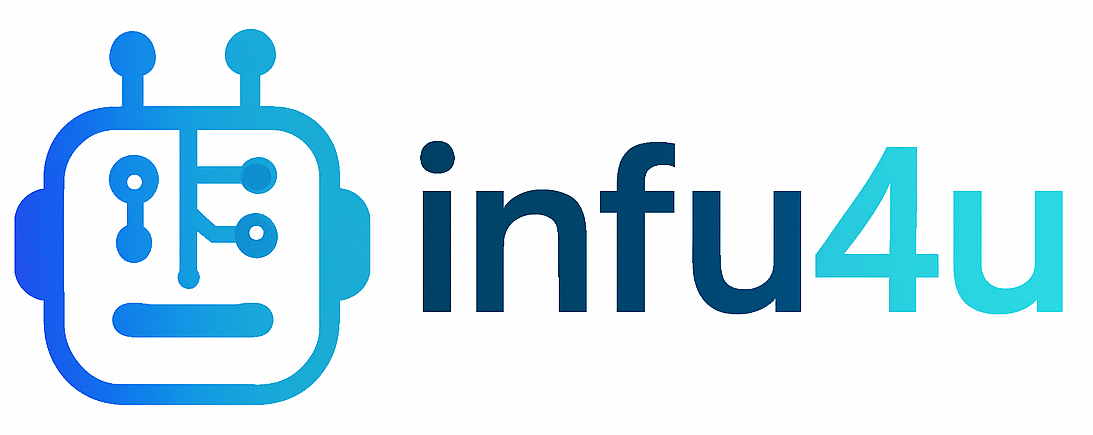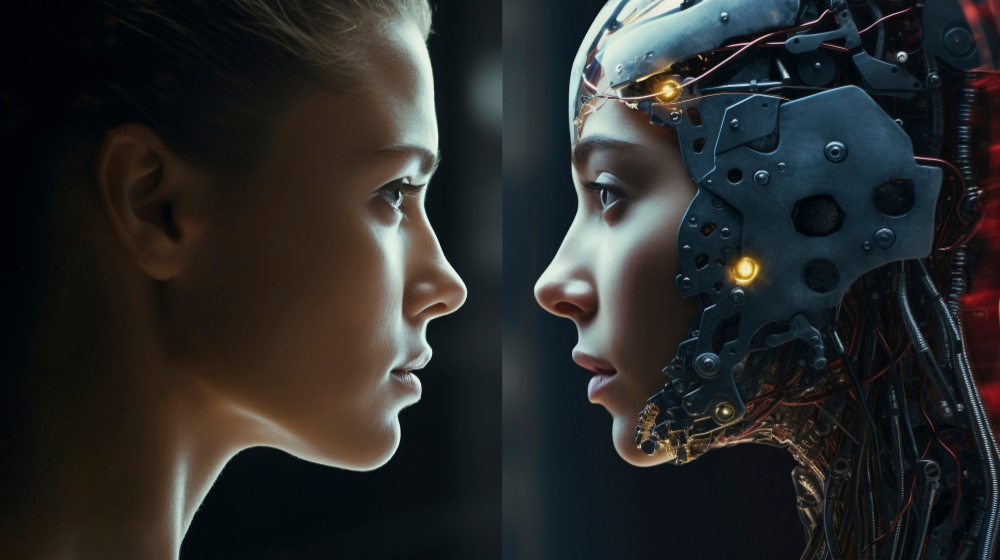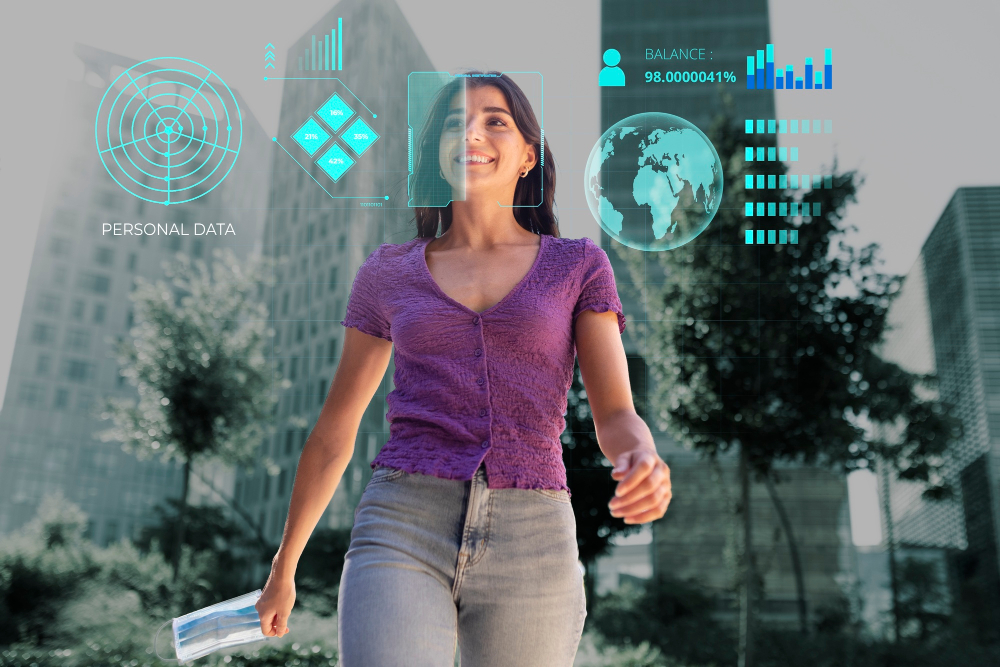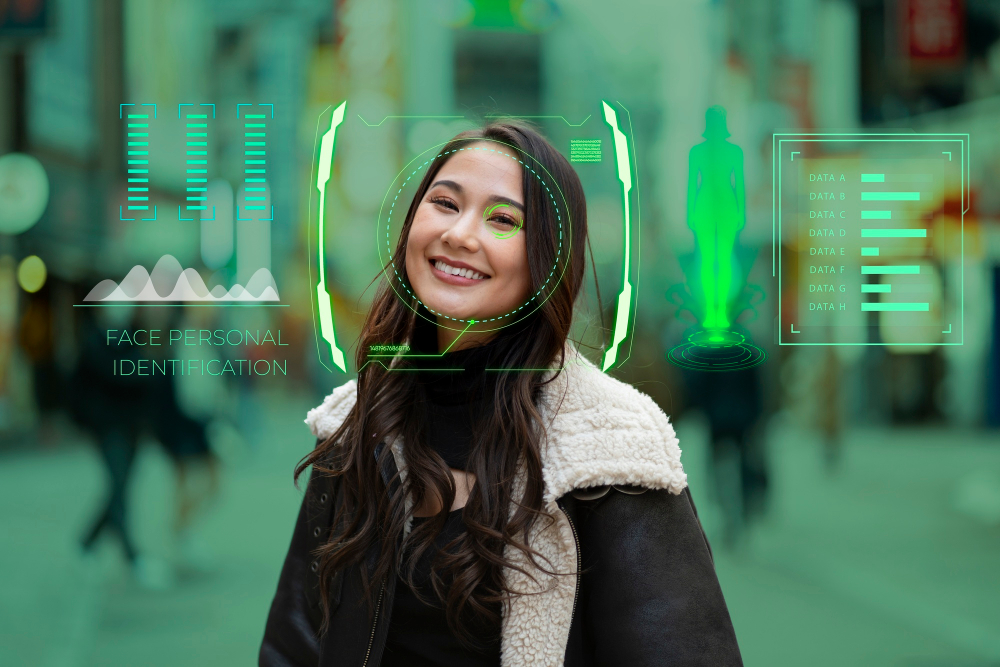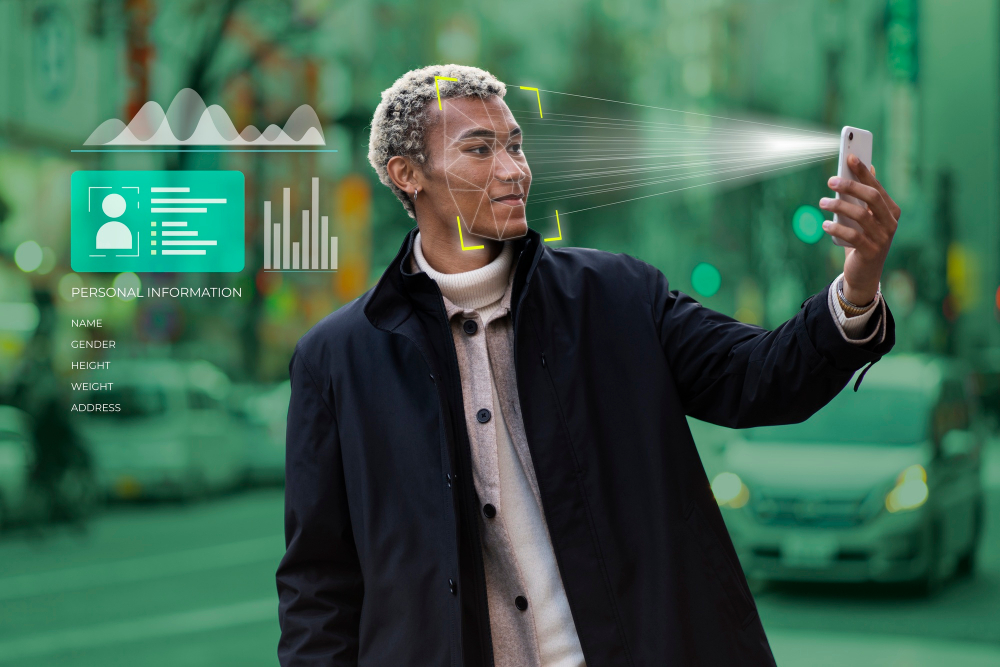AI vs Human Intelligence — What’s the Real Difference?
Introduction: Understanding the Mind of Machines and Humans
The question of AI vs Human Intelligence has sparked curiosity and debate for decades. As artificial intelligence grows more advanced, it’s becoming harder to tell where human brilliance ends and machine efficiency begins. But while AI can outperform humans in speed, accuracy, and data processing, the human mind remains unmatched in creativity, empathy, and moral judgment.
In 2025, this comparison is more relevant than ever. AI is powering industries, guiding decisions, and even generating art—but can it truly think or feel? To understand the real difference, we must explore what makes both intelligences unique.
What Is Artificial Intelligence (AI)?
The Concept and Evolution of AI
Artificial Intelligence refers to computer systems designed to perform tasks that normally require human intelligence—like reasoning, learning, perception, and decision-making. AI has evolved from simple rule-based systems to deep learning models capable of self-improvement and adaptation.
From Alan Turing’s 1950 “Turing Test” to today’s GPT-5 models, AI’s journey has been nothing short of revolutionary. Machine learning, natural language processing, and neural networks now power everything from chatbots to self-driving cars.
Types of AI: Narrow, General, and Superintelligence
- Narrow AI (Weak AI): Designed for specific tasks—like facial recognition or virtual assistants.
- General AI: A theoretical system with human-like cognitive abilities across all domains.
- Superintelligence: A future form of AI that could surpass human intelligence entirely, raising ethical and existential questions.
What Is Human Intelligence?
Cognitive Abilities and Emotional Awareness
Human intelligence combines rational thought, emotional understanding, and creativity. It allows us to imagine, empathize, and make complex moral judgments—things that machines, no matter how advanced, still struggle to replicate.
How Humans Learn, Adapt, and Reason
Humans learn through experience, emotion, and context. We make decisions not only based on data but also on intuition, ethics, and shared cultural understanding. This ability to learn abstractly and emotionally sets human intelligence apart from algorithms.
AI vs Human Intelligence: A Core Comparison
| Aspect | Artificial Intelligence (AI) | Human Intelligence |
|---|---|---|
| Learning Method | Based on data input and training algorithms | Based on experience, intuition, and emotion |
| Speed | Processes vast data instantly | Relatively slower but contextual |
| Creativity | Mimics creative patterns | Originates genuine creativity and innovation |
| Emotion | Lacks true emotional understanding | Driven by empathy and consciousness |
| Decision-Making | Objective, data-driven | Influenced by ethics, morals, and feelings |
Strengths of Artificial Intelligence
Efficiency and Precision
AI excels at analyzing massive data sets, identifying patterns, and performing repetitive tasks with unmatched accuracy. It eliminates human errors and speeds up decision-making in fields like finance, healthcare, and engineering.
24/7 Performance and Data Analysis Power
Machines don’t tire, get distracted, or require rest. They can run continuously, performing calculations and simulations that would take humans years to complete.
Strengths of Human Intelligence
Empathy and Emotional Understanding
Humans can connect emotionally, build relationships, and respond with compassion—capabilities no algorithm can replicate authentically.
Creativity, Innovation, and Moral Judgment
Whether it’s writing a novel, composing music, or leading ethically complex decisions, human creativity and moral awareness remain uniquely powerful.
Where AI Outperforms Humans
AI surpasses humans in tasks involving:
- Big data analysis
- Automation and process optimization
- Predictive modeling and diagnostics
- Speed and scalability
Industries like logistics, marketing, and medicine rely heavily on AI for these advantages.
Where Humans Outperform AI
Humans remain ahead when it comes to:
- Ethical decision-making
- Emotional and social intelligence
- Creative innovation
- Contextual problem-solving
AI can simulate emotions but cannot feel them—a crucial gap that defines true intelligence.
AI and Human Collaboration: The Best of Both Worlds
Augmented Intelligence: Humans Empowered by AI
Rather than replacing humans, AI enhances our abilities. Doctors use AI to detect diseases faster; writers use it for research and editing; and engineers rely on it to simulate designs. This symbiotic relationship defines the future of work.
Real-World Examples of AI-Human Synergy
- Healthcare: AI analyzes scans; doctors make final calls.
- Education: AI personalizes lessons; teachers provide emotional guidance.
- Business: AI handles analytics; humans drive creative strategy.
Together, they form a partnership of speed and sensitivity.
The Philosophical Perspective: Can AI Truly Think?
The Turing Test and Beyond
Alan Turing proposed that if a machine could engage in conversation indistinguishable from a human’s, it could be considered intelligent. While modern AIs have passed variations of this test, they still lack self-awareness.
Consciousness, Creativity, and the Soul Debate
Philosophers and scientists argue that consciousness is more than computation—it’s emotion, intuition, and self-reflection. Until AI develops these traits, it remains a powerful mimic, not a thinker.
The Future: Will AI Ever Surpass Human Intelligence?
Predictions from Leading Scientists and Technologists
Experts predict that Artificial General Intelligence (AGI) could emerge by 2040, capable of performing any human intellectual task. Yet, moral, ethical, and existential risks persist.
Balancing Innovation and Ethics in AI Development
The challenge lies in ensuring AI benefits humanity without compromising freedom, privacy, or moral values. Collaboration, not competition, is the key to a sustainable future.
FAQs About AI vs Human Intelligence
1. Can AI ever feel emotions like humans?
No. AI can simulate emotions but doesn’t experience them consciously.
2. Is AI more intelligent than humans?
AI is faster and more accurate at specific tasks but lacks human creativity and ethics.
3. What makes human intelligence unique?
Emotion, moral reasoning, and imagination make human intelligence distinct.
4. Will AI replace human jobs completely?
It will replace certain roles but also create new opportunities in AI ethics, development, and management.
5. Can humans and AI coexist successfully?
Yes. Collaboration between AI and humans leads to greater innovation and efficiency.
6. What’s the biggest limitation of AI today?
Its lack of true understanding, consciousness, and moral reasoning.
Conclusion: Harmony, Not Competition, Between AI and Humans
The debate between AI vs Human Intelligence isn’t about who’s superior—it’s about how both can complement each other. AI’s precision combined with human empathy can solve global challenges, enhance creativity, and redefine progress.
In 2025 and beyond, the smartest move isn’t replacing humans with AI—it’s building a world where both thrive together.
